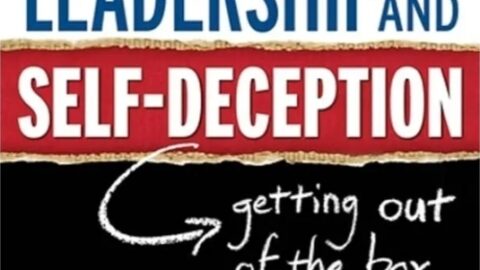Isaiah’s warning about calling “evil good and good evil” (Isaiah 5:20) is a timeless critique of moral confusion and the distortion of truth. In the context of present-day society, this verse resonates deeply with issues of moral relativism, cultural confusion, and the consequences of abandoning absolute values. When paired with Aleksandr Solzhenitsyn’s call to resist participating in falsehoods, these ideas together provide a powerful lens through which to view the challenges of modern life.
Isaiah 5:20: “Woe to those who call evil good and good evil…”
Meaning in Biblical Context:
- Moral Reversal: Isaiah condemns those who blur the lines between right and wrong, substituting falsehood for truth and justifying wickedness. This was a direct critique of societal leaders, judges, and others who perpetuated corruption and injustice.
- Spiritual Blindness: The verse highlights the consequences of rejecting God’s standards, leading to moral decay and spiritual darkness.
Relevance to Modern Society:
Moral Relativism:
- In today’s culture, truth is often presented as subjective, with the idea that morality is based on personal feelings or societal trends rather than universal principles. For example:
- Harmful actions (like dishonesty or exploitation) may be justified under the guise of “progress” or “freedom.”
- Traditional virtues like humility, self-sacrifice, and responsibility are sometimes dismissed as outdated or restrictive.
- This moral relativism reflects the same danger Isaiah warned against—losing sight of objective good and evil.
Media and Propaganda:
- Just as Isaiah criticized leaders for justifying evil, modern propaganda often reframes harmful actions as necessary or virtuous. For instance:
- Wars may be marketed as efforts for “peace” while causing devastation.
- Exploitative consumer practices are portrayed as economic empowerment.
Cultural Redefinitions:
- Concepts like justice, love, and equality are sometimes redefined in ways that contradict their traditional meanings. While such shifts may claim to promote inclusivity, they can also dilute moral clarity or create divisions.
Aleksandr Solzhenitsyn: “The simple step of a courageous individual is not to take part in the lie.”
Meaning in Context:
- Solzhenitsyn, a Soviet dissident and critic of totalitarian regimes, believed that complicity in falsehood sustains systems of oppression. His statement urges individuals to resist participating in lies, no matter how normalized or convenient they may seem.
Application to Modern Life:
Resisting Groupthink:
- Today, societal pressures often compel individuals to conform to popular narratives, even when they contradict personal convictions or truth. Courage means standing firm against such pressures and refusing to endorse what one knows to be false.
Speaking Truth in the Face of Injustice:
- Whether confronting systemic corruption, discrimination, or misinformation, Solzhenitsyn’s principle emphasizes personal responsibility in upholding truth. For example:
- Whistleblowers who expose corruption embody this courage.
- Citizens resisting oppressive regimes or standing up for human rights align with this principle.
Personal Integrity:
- On a smaller scale, refusing to take part in everyday dishonesty—be it through gossip, flattery, or complicity in unethical practices—upholds this ideal. Every act of truth-telling weakens the power of deception.
Connection Between Isaiah and Solzhenitsyn:
The Power of Truth:
- Both passages emphasize that the distortion of truth (whether by calling evil good or participating in lies) has grave consequences for individuals and society.
- Upholding truth requires moral courage, particularly in a world where deception may be normalized or rewarded.
Accountability:
- Isaiah calls out societal leaders, while Solzhenitsyn focuses on individual responsibility. Together, they remind us that both collective and personal actions determine the moral direction of a society.
Hope for Redemption:
- Isaiah’s prophetic message also includes hope for repentance and restoration, implying that moral clarity can be reclaimed. Similarly, Solzhenitsyn’s insistence on truth highlights the transformative power of individual actions to inspire societal change.
Practical Application Today:
- Critical Thinking: Avoid blindly accepting popular narratives. Question whether they align with truth and ethical principles.
- Moral Courage: Speak up against injustices, even if it’s uncomfortable or unpopular.
- Living with Integrity: In personal decisions, prioritize honesty, fairness, and kindness over convenience or social approval.
Both Isaiah and Solzhenitsyn challenge us to resist deception, embrace moral clarity, and courageously uphold truth in our lives and communities.








One Response
Excellent article!